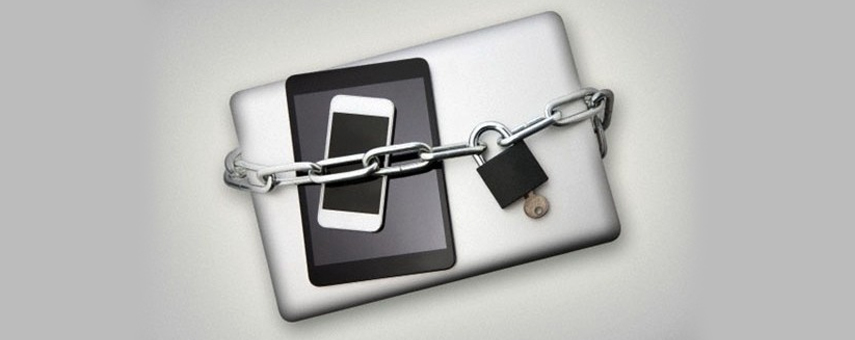Preventive blocking of cellphone services does not make us any safer.
On the 9th and 10th of Moharram this year, the government decided to shut down cellphone and mobile internet services in 68 districts. This has become a standard operating procedure. It was the 24th time since the beginning of 2012 that cellphone services were suspended in the name of national security, although admittedly the frequency has reduced significantly.
Shutting down network services is a contentious and controversial step. The given reason is that terror groups can use mobile phones and networks to detonate improvised explosive devices from a safe distance. This is not a novel phenomenon in Pakistan, or abroad. Cellphone services have been shut down in the Great Britain and the United States for security reasons in the past. In London, a mobile phone service interruption followed the 2005 bombings, while in the US, mobile services were shut down after the 2013 Boston Marathon bombings. In both cases however, the measure was to ensure that no additional explosives were set off while rescue and investigations were underway. Authorities in San Francisco shut down services in some public transport stations to mitigate the impact of protests in the area – a tactic also used to disrupt protests in the Indian-held Kashmir as recently as May 2015, as well as in Gujarat in the past. Most countries do not assume control of communication services during national emergencies. In Pakistan, however, cell phone services are discontinued as a preventative measure.
What should be a last-ditch measure has become a kneejerk frontline mechanism
This measure seems to create more problems than it solves.
The security measures taken during Moharram were unable to prevent a suicide bombing in Jacobabad that killed 22 and injured dozens others. The bombing was carried out by a suicide attacker carrying an estimated 10 kilograms of explosives. The target was a Shia procession, once again underlining the continuing quandary of minorities in Pakistan, despite a significant decline in terrorism and violence across the country. A network service may be used to carry out bombings, but it is just one tool at the disposal of terrorist outfits. Turning off cellphones merely treats a possible symptom, but does little to address the actual gaps in our intelligence infrastructure and counter-radicalization efforts.
In the event of an untoward incident, interruption of networks can result in further loss of human life and property, if those affected are unable to seek help from authorities and other sources. On October 26, Pakistan witnessed the worst recorded earthquake in the country’s history. The death toll continues to climb as rescue efforts are underway, but for several hours after the initial shocks, cellphone services were overloaded. This resulted in mass panic, as people were unable to seek medical help or get in touch with their loved ones. The service worked intermittently and was back at full capacity in a few hours, but it illustrated the potential impact of disaster striking at a time when essential network services are down. An extension of this concept is the effect on small businesses, educational institutions, researchers and academicians, and electronic services.

Some groups have even deemed this step a denial of fundamental human rights. “Such suspension or disconnection of services is likely to adversely impact freedom of expression, freedom of assembly and a range of other economic and social rights,” the Institute for Human Rights and Business (IHRB) states in a recent report titled Security v Access: The Impact of Mobile Network Shutdowns. The ubiquitous nature of modern communication implies that a shutdown of networks will result in a denial of service to a minor handful of miscreants and the overwhelming majority of law-abiding, legitimate users. This is especially true of the users who rely on cellphones for necessary and emergency services. The report also states that this step, which should be a last-ditch effort to prevent crime or terrorism, is now a lazy, kneejerk frontline mechanism.
There is no legislation in Pakistan that demands oversight of shutting down essential services. The authorities are well within their rights to shut down mobile networks as and when they see fit. Civil society and media pundits are free to criticize and question the decisions after the fact, and they often do. But there is no formal regulation mechanism in place.

The report makes two primary recommendations to the government. First, that in case of a shutdown, the government should at least ensure continued access to essential emergency services. Second, that the government must review the policy of disconnecting networks, after looking at the laws that regulate it, engaging with stakeholders, exhibiting transparency, ensuring better oversight and compensating the operators who lose revenue during these shutdowns.
The author is a journalist and a Senior Research Fellow at the Center for Research and Security Studies, Islamabad. He has a Master’s degree in strategic communications from Ithaca College, NY.

